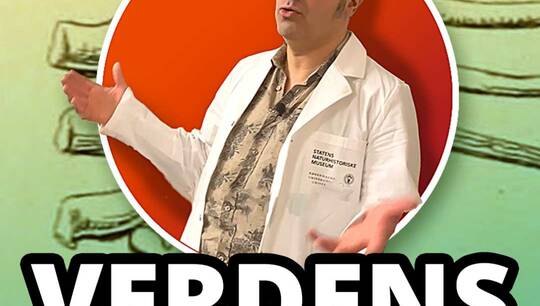Sustainability Lecture: The Future of Air Transport in Low Carbon Economy - Where will your grandchildren be going on holiday?
Sustainability Science Centre
149 views
Over the past 50 years air transport has changed the world in which we live. Aviation growth, linked to the declining cost of flying, has given rise to new patterns of trade and migration, multicultural societies and the international tourism industry. The resulting social and economic benefits are significant, but so too the adverse environmental costs. The rapid growth of the industry is outstripping the rate of technological and operational improvements with the result that key environmental impacts are increasing year on year, a trend that is unsustainable. At a local level these are already constraining the growth of airports, meanwhile at a global level, given its reliance upon carbon fuels, the twin threats of climate change and peak oil threaten the very existence of the industry in its current form, in the longer term. Failure to deal with these environmental issues will result in increasing airport constraints, fuel and emissions costs leading to the disappearance of low cost flying. On the other hand, action to resolve these impacts (e.g. investment in step change technologies) also threaten significant increases in the cost of flying, which again have the potential to depress demand and therefore the role that aviation will play in a low carbon economy in 50 years time.
The talk took place on 11 April 2019 and the keynote speaker was Callum Thomas. Henrik Hansen moderated, respondents from Airbus and NISA, commentary by Robert Arendal.
The event was organised by the Sustainability Science Centre at the University of Copenhagen, as a part of the Sustainability Lecture Series.

 Videoportal
Videoportal





